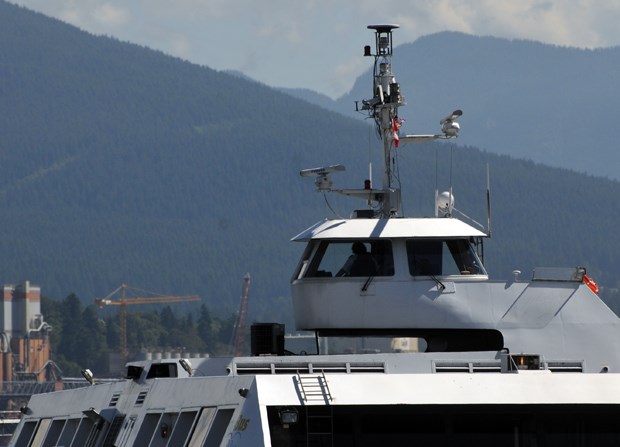The province and the Lower Mainland’s mayors are continuing to pitch ideas to end the TransLink funding impasse and get access to millions in time-limited federal transit infrastructure funding.
The newly elected federal Liberal government has pledged to fund up to 50 per cent of costs on transit projects. But the province and mayors don’t appear to be much closer on how to fund TransLink than they were in the wake of the 2015 failed .5-per cent sales tax plebiscite.
The Mayors’ Council on Regional Transportation and Peter Fassbender, the minister responsible for TransLink, issued dueling press releases on Thursday.
The mayors’ new proposal to raise TransLink’s 17-per cent share of the $7.5-billion, 10-year transportation plan includes a two-per cent transit fare increase in 2018 plus additional revenue from expanded service, selling off surplus TransLink properties, a new regional development cost charge paid by developers at a “fair, affordable rate” bringing in $15 to $20 million annually, an average $3-per-household increase in property taxes, a $400-million portion of the region’s gas tax over 10 years, and the introduction of some form of tolls for drivers by 2021 to support road and bridge improvement projects. In exchange, the province is being asked to return control over TransLink to the mayors plus $50 million in the provincial carbon tax from outside the region.
Fassbender’s release suggested the mayors address both affordable housing and transit funding by ushering in development along transit hubs and capturing some of the increase in land value from developers.
“We believe public transit investment leads to increased property values near stations and that the public should share in the rise in property values through increased support for transit and affordable housing options,” Fassbender stated in the release.
The lack of common ground between the two plans doesn’t bode well, according to District of North Vancouver Mayor Richard Walton, who was among a group of five mayors who developed the new plan and submitted it to the province more than a month ago.
“I think the intent was that there be significant negotiations… with the minister. I think it’s safe to say the negotiations didn’t really happen,” he said. “We’re disappointed that what we thought would be constructive meetings talking about the detailed contents of our letter has not been responded in the manner we hoped.”
The combination of different funding mechanisms was meant to “spread the pain” and not penalize one region or group of people more than any other, Walton said.
“The information feedback I’ve seen on the North Shore is that our residents are a little bit more resilient than most of the regions of Metro Vancouver in terms of which source or sources of funding are used. I think the theme on the North Shore is ‘We just need to get it done,’” he said.
The mayors would likely be open to using more density to help fund transit, Walton said, but it would be limited to areas with rapid transit already in the works. And cities already negotiate with developers to fund amenities and upgrades to infrastructure, he added.
As for putting the mayors back in charge of TransLink, Walton said that change doesn’t appear to be on the table.
“I spoke with the minister yesterday and he didn’t indicate any particular shift in the governance structure that exists there now,” he said.



